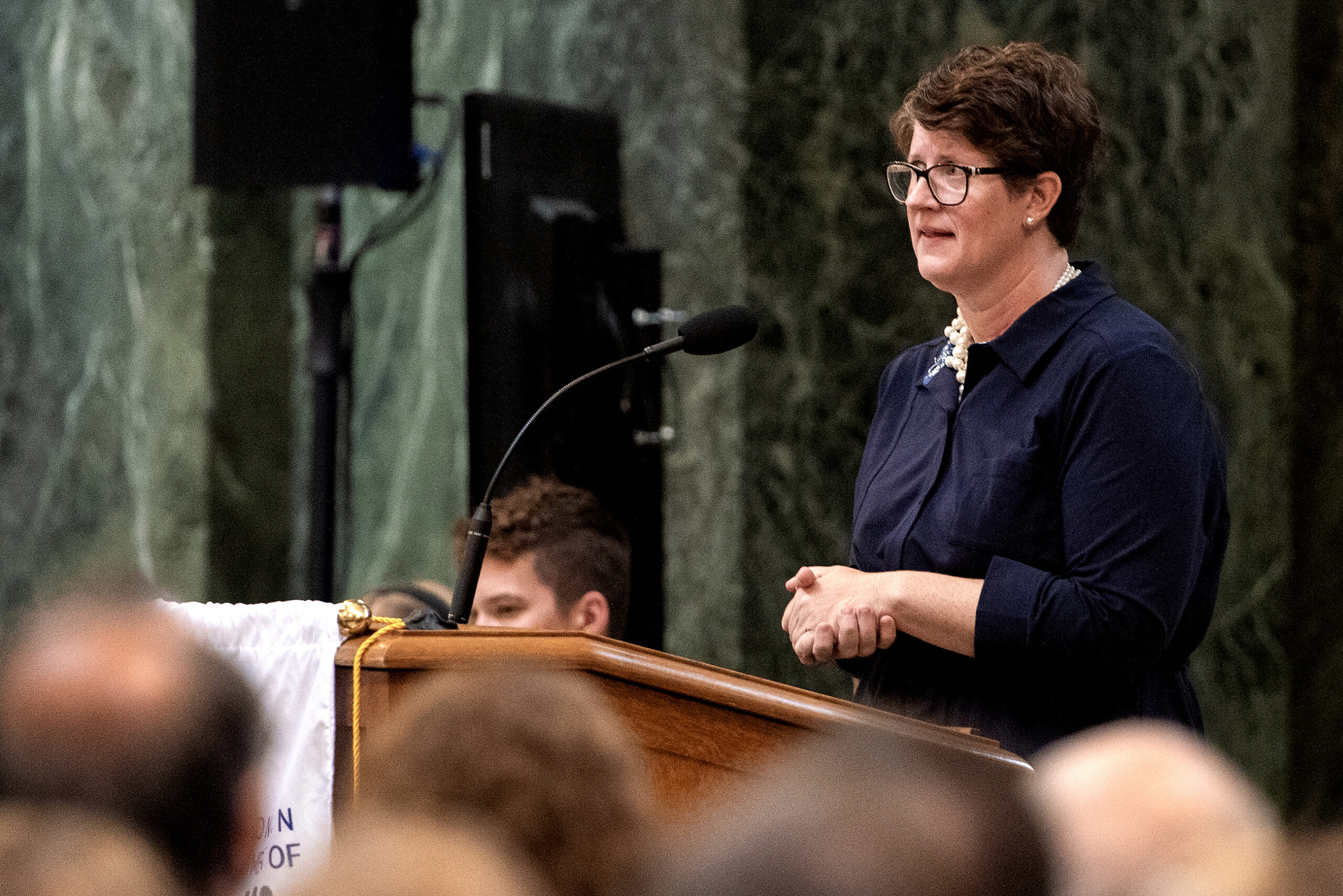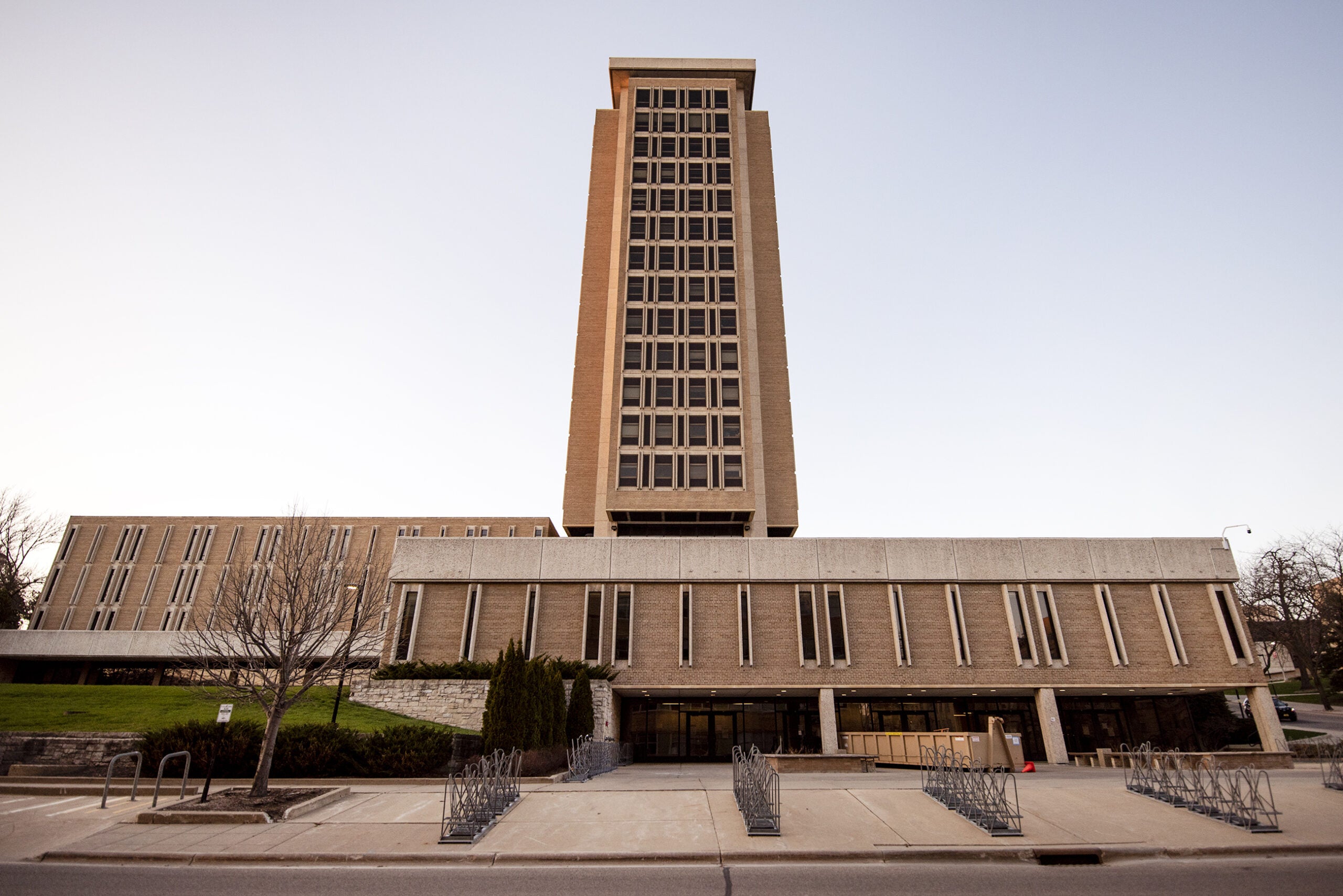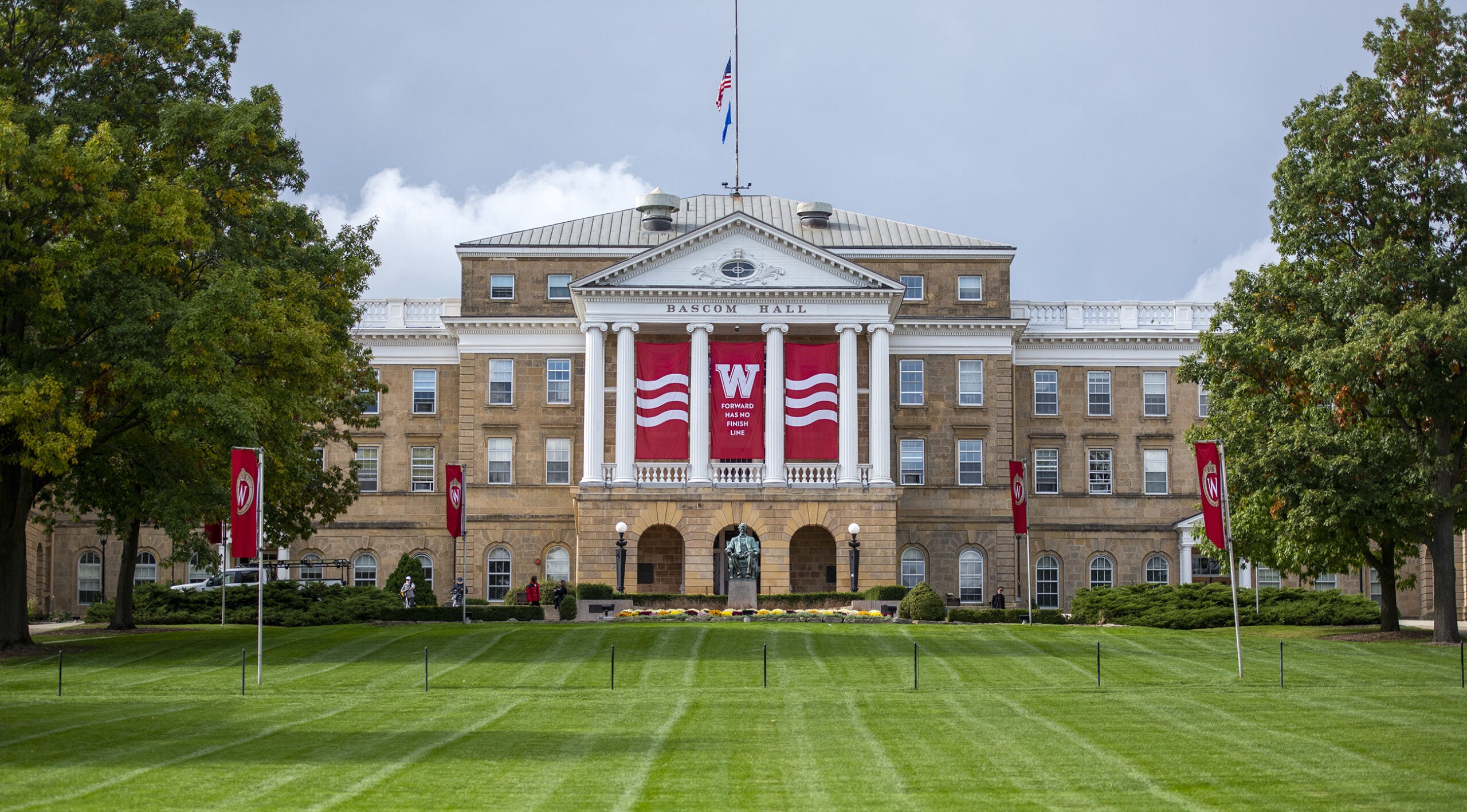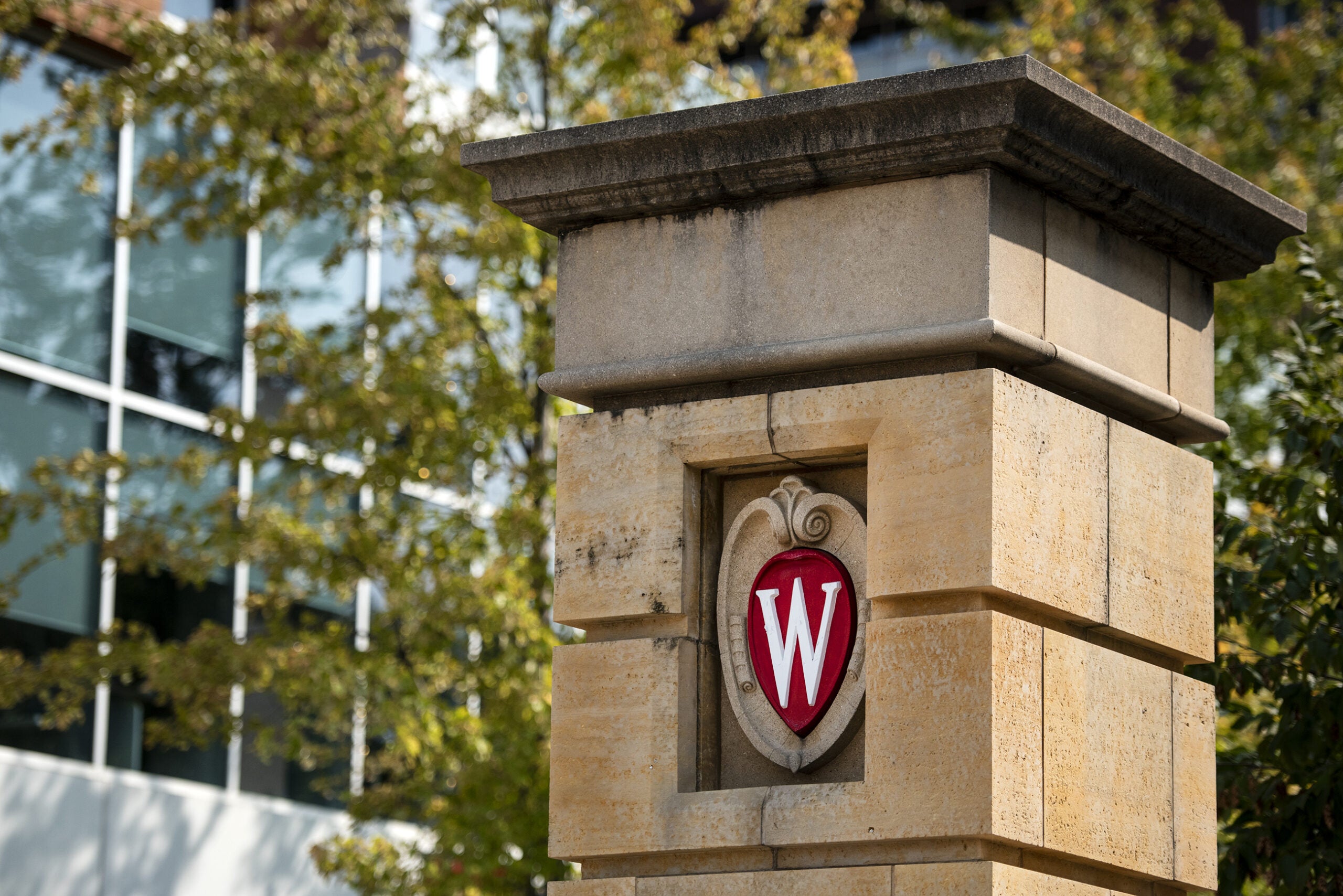The Universitites of Wisconsin Board of Regents unanimously approved in-state undergraduate tuition increases Thursday.
The base tuition rate for resident undergraduates will increase by 3.75 percent. This is the second increase in two years since a tuition freeze was lifted. Tuition increased by an average of 5 percent for this school year.
The regents also approved an increase in segregated fees, room and board rates, graduate tuition and non-resident undergraduate tuition.
Stay informed on the latest news
Sign up for WPR’s email newsletter.
Regents said tuition increases are necessary as system-wide enrollment declines persist. Other contributing factors include inflation, rising health care costs and dwindling COVID relief funds. Most of the universities in the system have projected deficits.
The tuition hike will increase university revenue by about $39 million. The funds will be used primarily to cover the campus share of pay raises for UW workers approved in December.
Sean Nelson, vice president for finance and administration with UW, presented details on the tuition increase during a Business & Finance committee meeting on April 4 ahead of the board-wide vote.
“We see this as a really important way to start making progress towards our compensation issues that we’re seeing. And obviously, a helpful tool in both recruitment and retention moving forward,” Nelson said.
Regent Bob Atwell said he “100 percent supports” the tuition increases, and that they will return purchasing power to UW employees.
“We have work to do just in terms of basic justice. And not to mention, if we want our universities to function well,” Atwell said.
The rest of the revenue will be used to raise minimum salary ranges and “support student success,” including student financial aid.
Universities continue to cut expenses
Regent Ashok Rai and chair of the Business & Finance committee said universities have to “aggressively” control the expense side of their operations.
“It’s important to all of us the UW education continues to be affordable,” Rai said. “And by no means does this proposal place the entire burden for any fiscal challenges on the backs of our students.”
Chris Patton, vice chancellor for administration and finance at UW-Platteville, presented strategies the university is using to “right the ship” in the long term and build “institutional fortitude.”
Patton said UW-Platteville has a $9.7 million deficit for fiscal year 2024. The school’s expenses have outpaced revenue consistently since fiscal year 2022. That trend was predicted to continue if nothing changed.
Strategies the university adopted included identifying salary and operational savings, conservative budgeting and using realistic tuition and enrollment projections.
“Hope is not a plan,” Patton said. “We’re going to budget to our conservative targets.”
UW-Platteville announced last fall it would eliminate 111 positions. Other universities in the system are following suit. Regents report nearly 950 jobs have been eliminated since fiscal year 2018.
State Superintendent of Public Instruction Jill Underly, who sits on the Board of Regents, said she would like to see more fiscal support from the state Legislature.
“The reason that we have to continue to cut and also raise tuition and other revenue sources is because they have routinely neglected to put those investments back into our school systems, whether it’s universities or K-12,” Underly said.
Regent President Karen Walsh said the fiscal challenges are putting universities and students between a rock and a hard place.
“No matter how much we raise it, it still means students have to come up with out of pocket money. So I understand their dilemma. At the same time I see our dilemma,” Walsh said.

Additional fee increases approved
Seven universities proposed a fee increase on top of the 3.75 percent which also passed April 4. The fees, varying between universities, will be used to fund specific needs such as academic advising, financial aid and faculty hiring for in high-demand programs.
Increases for program-specific tuition also passed. Students in certain programs including engineering, agriculture and computer science will see additional increases.
Regents emphasized that despite the tuition increases, UW-Madison is more affordable compared to other flagship institutions in the Midwest. In the last 10 years, the University of Michigan raised tuition by nearly 31 percent. Tuition before fees at Michigan is $5,292 more than at UW-Madison, according to data from the board.
UW President Jay Rothman said in March low-income students can utilize the Tuition Promise program launched this fall that fully covers tuition for new students whose family income falls below $62,000.
The resident undergraduate tuition and segregated fees for each university in 2024–25 are as follows:
- UW-Eau Claire: $9,643
- UW-Green Bay: $8,700
- UW-La Crosse: $9,896
- UW-Madison: $11,604
- UW-Milwaukee: $10,398
- UW-Oshkosh: $8,532
- UW-Parkside: $8,271
- UW-Platteville: $8,425
- UW-River Falls: $8,824
- UW-Stevens Point: $9,049
- UW-Stout: $9,386
- UW-Superior: $8,813
- UW-Whitewater: $8,406
Wisconsin Public Radio, © Copyright 2025, Board of Regents of the University of Wisconsin System and Wisconsin Educational Communications Board.




